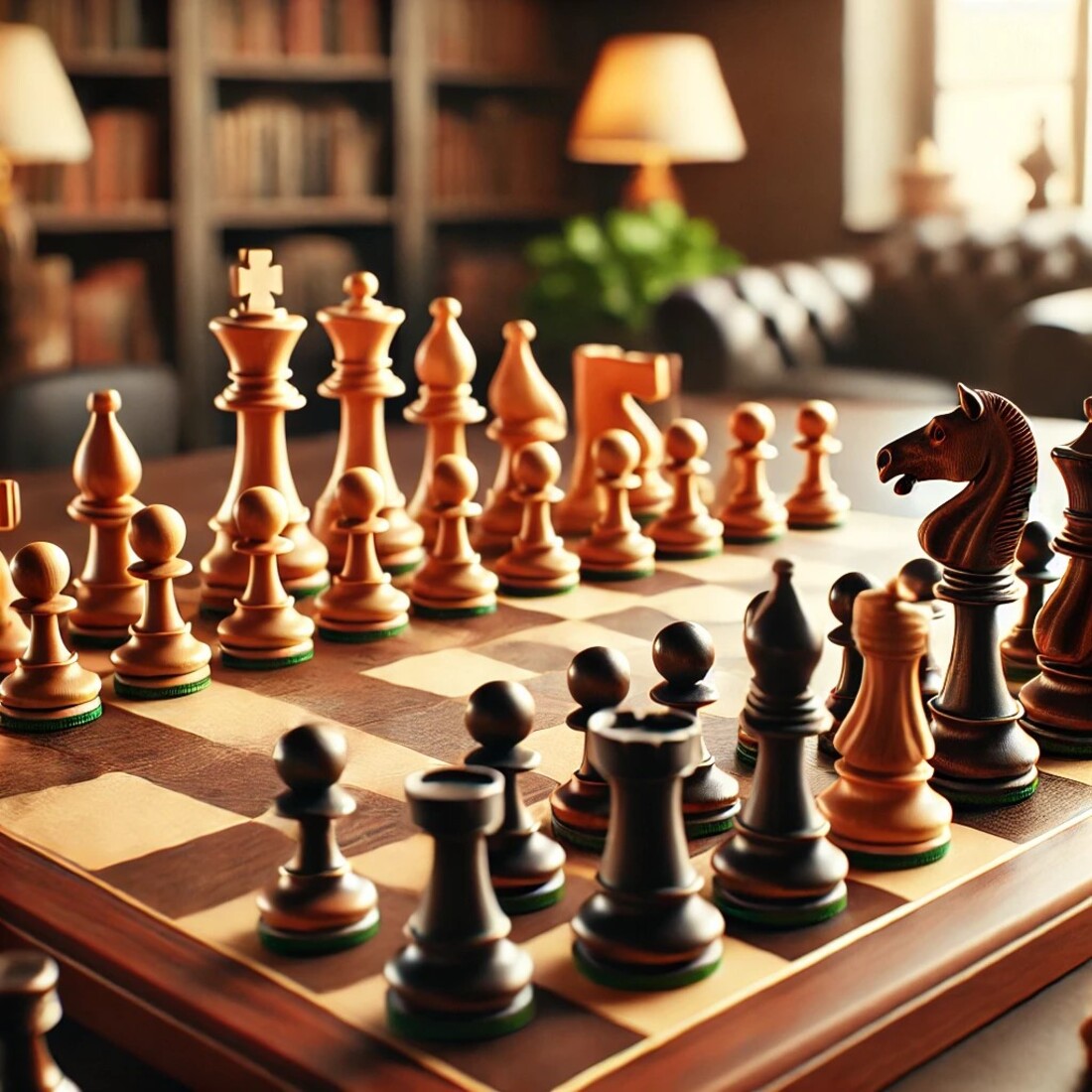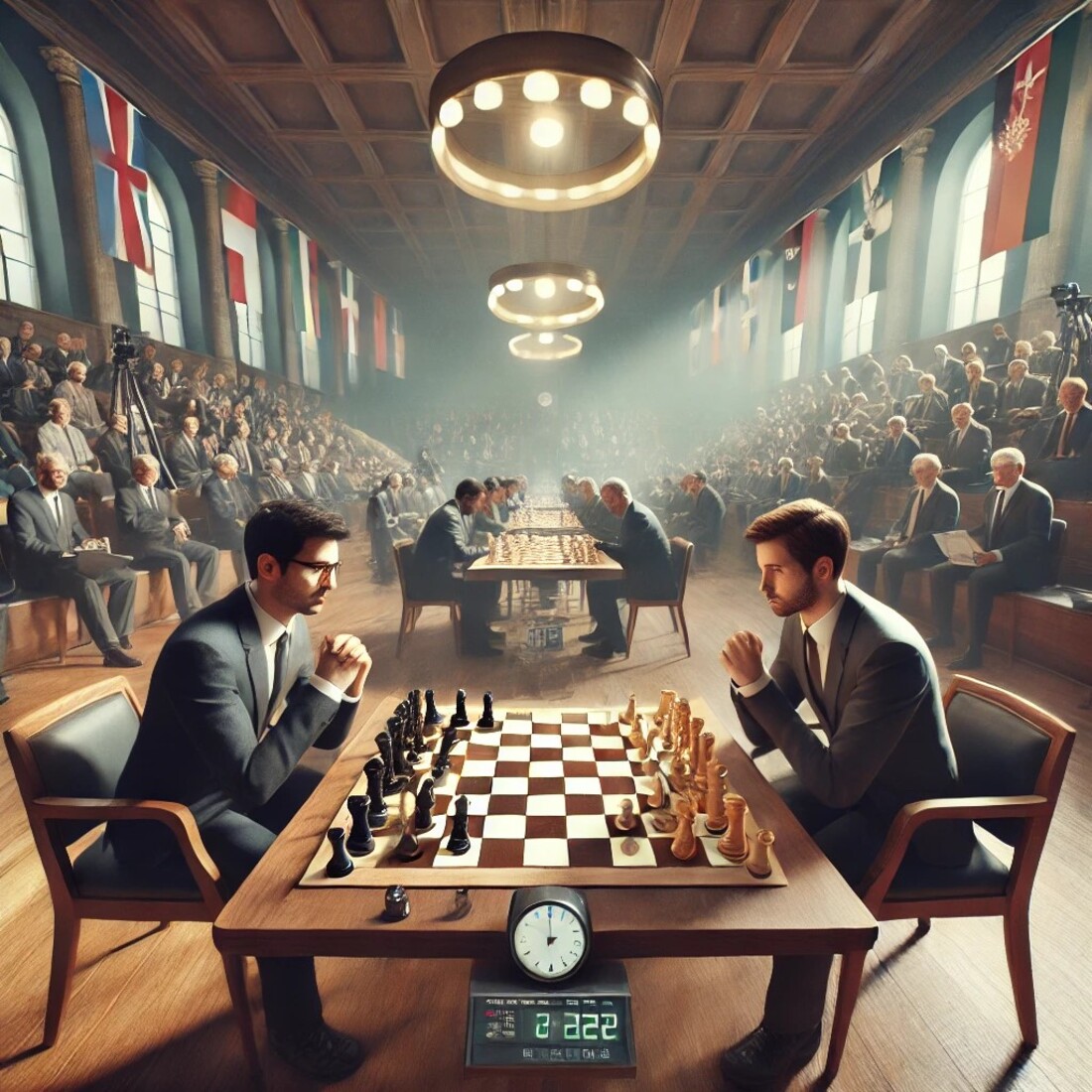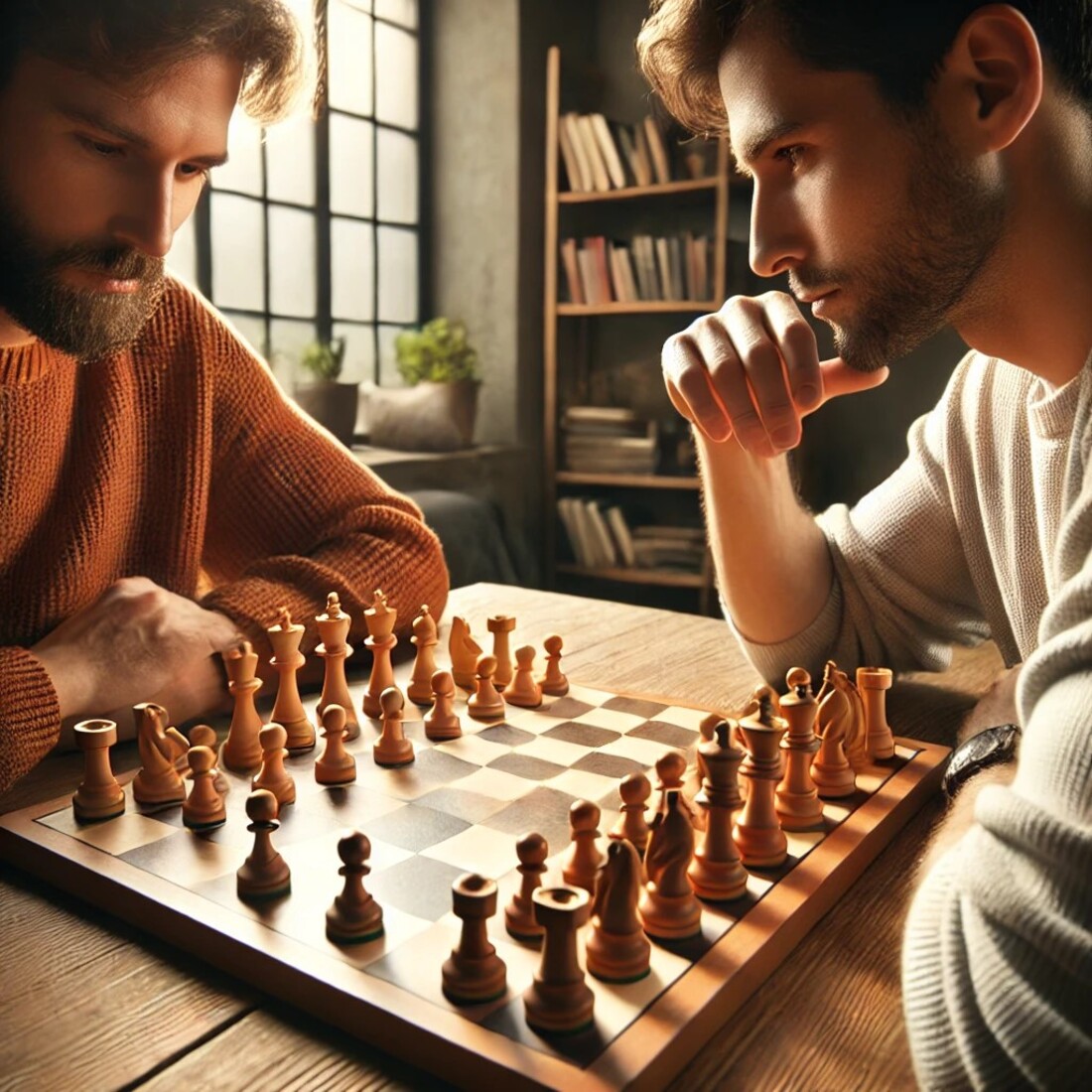Chess, often dubbed the “game of kings,” has intrigued minds for centuries with its complex strategies and intense rivalries. But beyond the quiet clatter of pieces on a board lies a dynamic, competitive world that challenges the very notion of what constitutes a sport. From grueling international tournaments to the mental and physical discipline required to excel, chess embodies many traits of traditional sports. This article dives deep into the competitive spirit of chess, uncovering how it has earned its rightful place as a recognized sport across the globe.

How chess is a sport
Chess is a sport because it’s like a mental marathon, pushing your brain to its limits just like athletes push their bodies. It’s not about running laps or lifting weights; it’s about outsmarting your opponent on a 64-square battlefield. Competitive chess demands strategy, focus, and stamina, with players spending hours analyzing moves and counter-moves like generals plotting their next attack. Recognized by the International Olympic Committee, chess has global tournaments, rankings, and grandmasters, making it as competitive as any physical sport. Whether it’s the pressure of a ticking clock or the thrill of a brilliant checkmate, chess proves that you don’t need muscles to play in the big leagues. That’s how chess is a sport.
When was chess recognized as a sport?
Chess was officially recognized as a sport in 1999 by the International Olympic Committee, solidifying its status as more than just a board game. This recognition didn’t come out of nowhere; chess already had all the elements of a sport—global competitions, rankings, and players dedicating their lives to mastering the game. By acknowledging chess as a sport, the world celebrated its blend of intellect and competition, proving that the mind can be just as powerful as muscle.
What sport is chess?
Chess belongs to the category of mind sports, where mental agility takes the spotlight instead of physical strength. It’s like a marathon for your brain, requiring intense focus, strategy, and the ability to think several moves ahead. Think of it as the ultimate mental workout, where every move is a calculated step toward victory on a battlefield of pure strategy.
Chess competitions and tournaments

The Chess World Championship is the crown jewel, a showdown between the best of the best to claim the ultimate title. The Candidates Tournament is like the playoffs, deciding who gets to challenge the reigning champ. The Olympiad is chess’s version of the Olympics, bringing together teams from every corner of the globe. Rapid and Blitz Championships add a turbocharged pace, testing how quick players can think under pressure. There’s also the prestigious Grand Chess Tour, a series of elite tournaments that feels like the Formula 1 of chess. These events showcase that chess isn’t just a game; it’s a global sport with a stage as grand as any other.
The main reasons why chess is a sport
Chess is a sport because it demands discipline, preparation, and competition on a global stage, just like traditional athletic events. Players train their minds like athletes train their bodies, honing skills through endless practice and study. The competitive structure, from local tournaments to world championships, mirrors the setup of physical sports, with rankings, prize money, and intense rivalries. Chess tests endurance too, with matches lasting hours, requiring focus and resilience to outlast an opponent. That’s how chess is a sport, blending intellect and competition into a discipline recognized worldwide.
Chess is a competition of minds
Chess is a competition of minds that demands strategy, focus, and precision. Players analyze positions, anticipate their opponent’s moves, and make decisions under pressure, showcasing mental discipline and preparation. Each move is a calculated step toward control of the board, requiring deep concentration and adaptability. Success in chess comes from understanding patterns, mastering tactics, and maintaining composure in high-stakes moments. With its structured tournaments, global rankings, and professional players, chess embodies the competitive spirit of a true sport. That’s how chess is a sport, challenging intellect and rewarding skill on a global stage.
Chess is regular training

Chess is regular training for the mind, where players constantly sharpen their skills and strategies to stay at the top of their game. It’s all about studying openings, mastering tactics, and analyzing past matches to prepare for future battles. Just like athletes have their drills, chess players have endless hours of practice, solving puzzles, and playing against tough opponents to build endurance and precision. Regular training helps develop focus, decision-making, and the ability to think under pressure, all essential for competing at the highest level. That’s how chess is a sport, proving that consistent effort and preparation are key to success.
Chess is a technique of playing
Chess is a technique of playing that blends precision, strategy, and creativity into every move. It’s not just about knowing the rules; it’s about mastering patterns, predicting outcomes, and crafting a plan that leaves your opponent one step behind. Each piece has its purpose, and knowing how to use them effectively is like wielding a finely tuned instrument. The technique comes from years of study, practice, and the ability to adapt to any challenge thrown your way. That’s how chess is a sport, showcasing the art of disciplined, calculated play that turns a simple game into a global competition.
Chess is physical training
Chess is physical training in disguise, pushing your body to support your mind during long, intense matches. Sitting for hours, staying focused, and making high-pressure decisions demand physical stamina and control. Many players include workouts in their routines to improve endurance, sharpen reflexes, and handle the stress that comes with competition. A strong body supports a sharp mind, and keeping your energy steady during grueling tournaments is as much a part of winning as the moves on the board. That’s how chess is a sport, combining mental battles with the physical discipline needed to perform at your best.
Chess is a way of earning money

Chess is a way of earning money for players who turn their passion for the game into a career. Professional tournaments offer big prize pools, with the best players competing for titles and cash rewards. Sponsorship deals, streaming games online, and coaching aspiring players add more ways to earn. It’s not just about playing; it’s about building a brand and making chess a livelihood. From world champions to content creators, the opportunities are vast for those who dedicate themselves to the game. That’s how chess is a sport, offering both competition and a real chance to make a living.
Far from being just a pastime, chess stands as a testament to the power of human intellect, endurance, and strategy. Its inclusion as a sport is not merely about tradition but a recognition of the skill, dedication, and competition it demands. Whether you’re a grandmaster or a curious novice, understanding how chess is a sport offers a fresh perspective on the depth and thrill this ancient game provides. It’s more than a battle of minds—it’s a true arena for champions.
